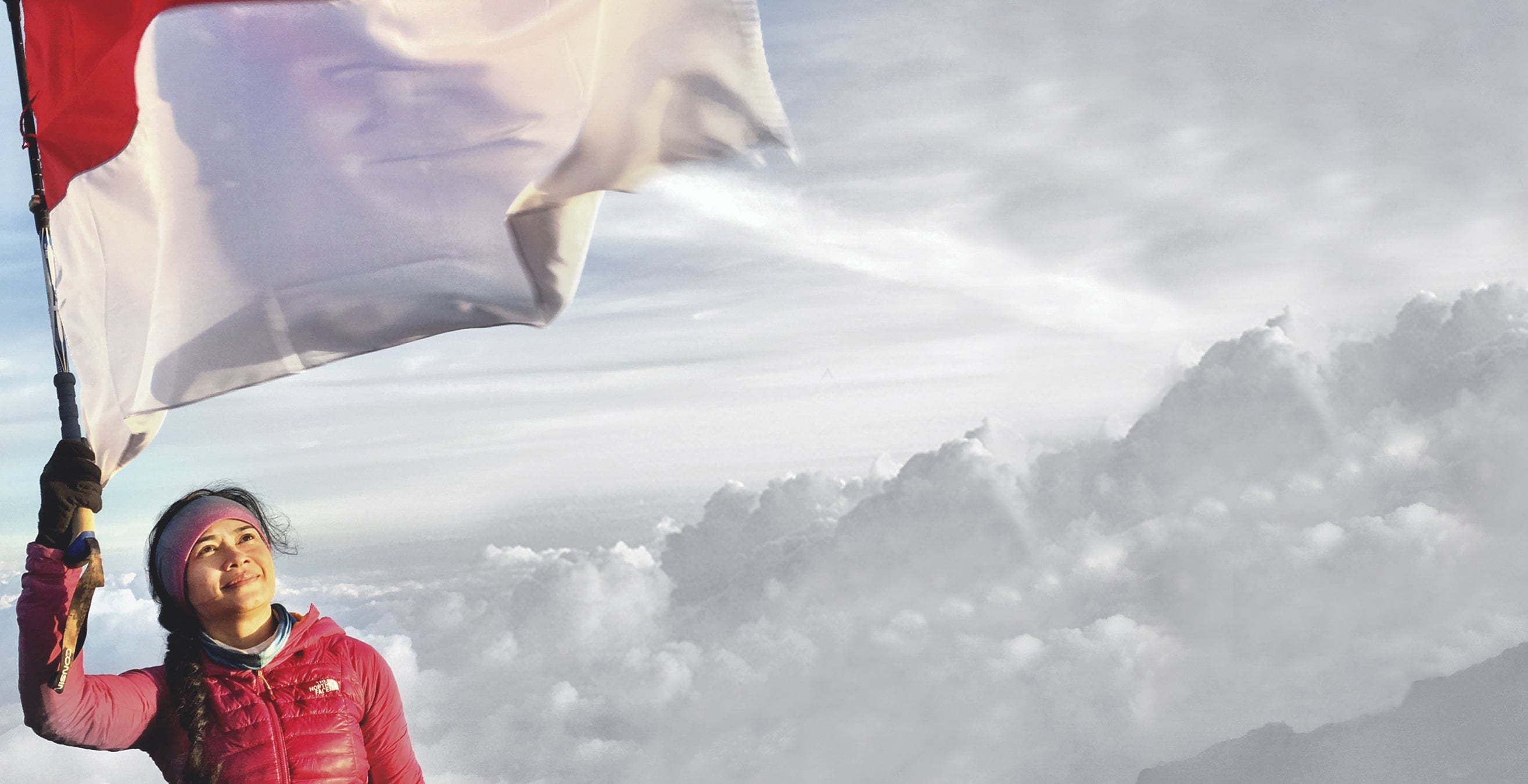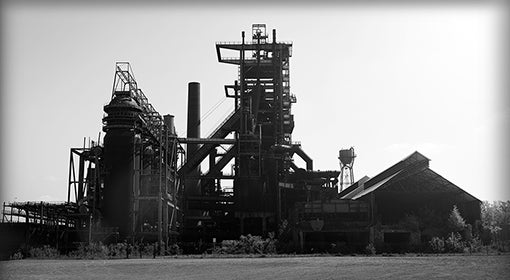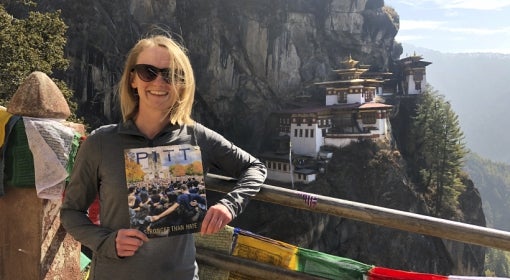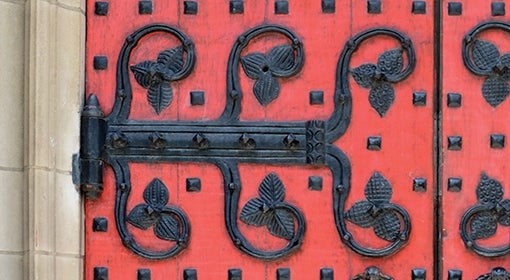Diansyah Putri Handayani seems to thrive in extreme situations. In her job, she works on offshore rigs as an engineer; during monthlong rotation breaks, she scales mountains around the globe. In fact, she is on track to complete the Explorers Grand Slam by summiting the seven highest mountains on the seven continents and venturing to the South Pole and North Pole by foot.
Such adventures are more than a personal quest for Handayani (BUS ’12G). Using her Pitt-sharpened business acumen, she is climbing to raise money to build a school near the base of Carstensz Pyramid, the highest mountain in her homeland, Indonesia, and one of the Grand Slam’s seven summits.
In addition to Carstensz Pyramid, she’s also climbed Kilimanjaro (Africa), Mt. Elbrus (Russia), and Mt. Aconcagua (Argentina). By 2020, she plans to reach the top of Denali (Alaska), Vinson Massif (Antarctica), and Mt. Everest (Nepal/China), as well as reach the two poles, which would make her the first Indonesian and first Southeast Asian woman to achieve the feat.
How did you begin mountain climbing?
I started at 13 in Indonesia in the Scouts. For my first climb, I woke up at 4 a.m., my legs cramped walking miles on hard wet ground, but when I saw the sunrise at the top, I was in awe. It was a volcano, and we brought eggs to boil in the crater’s hot spring on top, which was another wonder for me. I was hooked.
Are you ever scared?
When I was young, I was confident, but now that I’ve seen the snowstorms, felt my toes freeze, I understand the risks. Fear is always there. When a storm comes up, I think: What if I get lost and freeze and die? But you overcome it.
Why establish a school at the base of Carstensz Pyramid?
Helping others gain education, especially in poor rural areas in Indonesia, is important to me because education brought me where I am today. Villages are underdeveloped because they’re practically inaccessible. I must take three flights and then hike for days to get to the base, so you can imagine how hard it is to get teachers there. People assume my biggest challenge is the mountains, but it’s not. It’s establishing the school.
What’s it like working at sea, especially as a woman?
On my offshore rig [in Qatar], out of 120 personnel, I’m the only woman. People think women are too physically weak for these jobs. But I work with heavy equipment and machinery that neither men nor women could lift—we use cranes! There are many other aspects of the job that require skills other than strength, things like using computerized drilling system evaluations or analyzing data to locate underground oil and gas reserves. I hope I’m an example that women needn’t limit themselves.
Do you consider yourself a role model?
I just know women are underrepresented when I’m playing around mountains and in my profession. These pursuits need to be seen as normal for women, too.
Opening image: Diansyah Putri Handayani waves the flag of her homeland Indonesia.
This story appeared in the Spring 2019 edition of Pitt Magazine.





